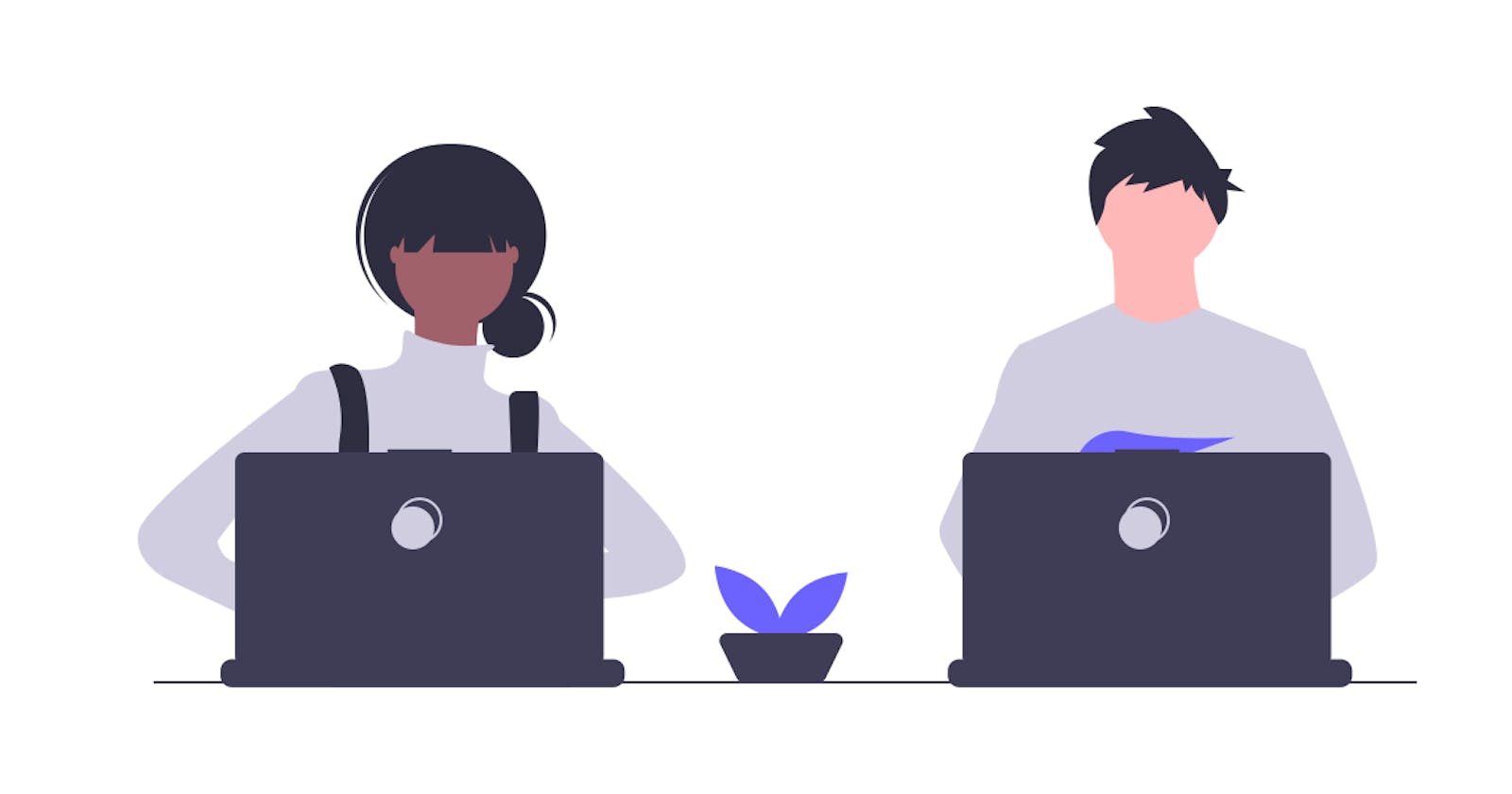What is Computer Science?
3 min read

Are you curious about computer science? Check out this video to learn about what computer science is, the different ways it's used to solve problems, and why it's such a valuable skill to learn.
Frederick: Computer science is the art of teaching a computer what to do. I'll start with something similar. Like, a screwdriver is a tool that is made to kind of turn screws, and on its own, it's useless. You have to take it in your hand and kind of turn it to make something happen.
Peters: A computer actually learns a set of instructions and actually transform that into a way of showing a movie or playing an audio file or delivering facebook. And that whole study of how the computer thinks is computer science.
Campos: It's code, and so code is a bunch of symbols and letters, but it's really more like a language.
Bigio: I got here from puerto rico, and I didn't know english, so I had to spend a lot of time trying to perfect my english. Programmers do the same thing. They learn new languages to do new things. They are inputting this language and this instruction into the computer so the computer can do what they want them to do.
Frederick: Growing up, I was one of the very few people who had access to a computer around me. And I remember being bored one day and I picked up this book that was near the computer that said "Basic programming," and it had this really simple "Getting started, hello, world" program that you could write in basic, and I remember writing it and recognizing that, "Wait, hold on. I just put this thing in and told this computer how to do that, and it came back out." and I had my brother come in and use it, and he's like, "Oh, man, you made the computer say hello?" I was like, "Yeah, yeah, yeah, I did. Isn't that cool?"
Ghadiyali: In our everyday lives, you speak language and you use that to communicate and instruct when you're around people. Similarly, a programming language is exactly the same thing. It's just a language that you'd use to talk to the computer.
Frederick: And think about the first thing you do when you wake up in the morning. Let's say it's an alarm clock. There are instructions that somebody put into that alarm clock to teach it how to tell time, how to respond to you hitting the snooze button. You're walking out of the house and you jump in your car and you start it. There are lots of computers in there figuring out how to turn the engine the very first time, how much gas to put in. The set of instructions that people have put into all these little devices you've used throughout your day just made your day that much easier to get through.
Bigio: You want directions or you're dialing a phone number, you're actually interacting with a computer to solve the problem at hand. That's computer science and programming right there, every day in your hand.
Ghadiyali: Programming and computer science is one of the best ways to have impact in the world. There is no other career, no other field where you can touch so many people's lives with just a simple software or a simple app. And it's specifically also important for diverse communities to be involved because of the fact that computers are everywhere, programming is everywhere, and we want an equal representation when we are building programs.
Frederick: We need people who have a broad range of perspectives to find different solutions.
Bigio: Creating products for the people, you need to be the people. And if we hope to have products out there that really serve our needs, we need to be involved -- programming, learning computer science, and being part of the creation process of this new wave of innovation.
